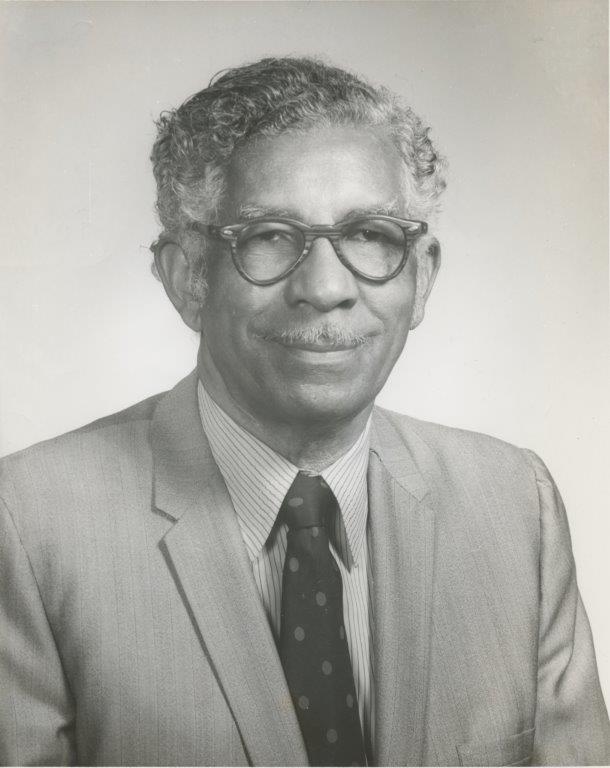By Justin Thompson
“My brothers and I grew up with parents who were very active [politically]. It was normal and natural. It was like eating. It was what you did and what was expected of you.” –Josie Robinson Johnson

Photo courtesy of the Robinson family.
Many African American activits, politicians, and business people have risen out of the formerly segregated South, but few have sustained their influence across ten decades through multiple generations like the family of Judson W. Robinson Sr. in Houston, Texas. Robinson knew he was capable of much more than Jim Crow customs allowed, and he refused to surrender to laws that oppressed African Americans. He took action to improve the lives of those in the Black community and earned the respect of Houstonians overall. Robinson Sr taught all his family members about the importance of civic engagement, and, today, that legacy continues to be visible in Houston through the organizations, programs, and policies established by him and his descendants, including his son Judson Robinson Jr. and his grandson Judson Robinson III.
JUDSON W. ROBINSON SR.

Photo Courtesy of the African American Library at the Gregory School, MSS0043.072.
Judson Wilbur Robinson was born in Crockett, Texas, on February 7, 1904. His parents believed in the importance of an education, which led him to attend nearby Prairie View State Normal School (now Prairie View A&M University) and graduated in 1926. His first choice was to study law, but no Texas law school admitted Black students, so Robinson obtained a business degree and returned to Houston. He met Josie Bell McCullough while they were students at Prairie View, and the couple married in 1929, the year she graduated. They had three children: Josie Robinson, now Josie R. Johnson; Judson W. Robinson Jr.; and James S. Robinson. All three went on to emulate their father’s life-long commitment to activism.
Even with a college degree, African Americans discovered that employment opportunities were often limited. Thus, one of the first lines of employment available to Robinson Sr. was as a waiter for Southern Pacific Railroad. Given the inherently racist nature of rail car employment for African American men, Robinson sought to resolve or at least alleviate the injustices and mistreatment they encountered. In 1934, he worked under A. Phillip Randolph to help organize a Houston chapter of the Brotherhood of Sleeping Car Porters (BSCP), a union that Randolph cofounded in Harlem in 1925. Robinson’s efforts reflected the brotherhood’s focus on fair wages and ethical labor practices. In addition, he worked to overcome the limitations the poll tax placed on voter participation, particularly in low-income and minority communities. Josie Johnson recalled working the neighborhoods with her father “to make sure that people paid their poll tax so they could register and vote, and [then working] the precincts thoroughly before elections.” They also went door to door gathering signatures on petitions to abolish the poll tax.
To read the full article click here, or click on Buy Magazines above to purchase a print copy or subscribe.
Empowering Communities. Changing Lives.


 Follow
Follow